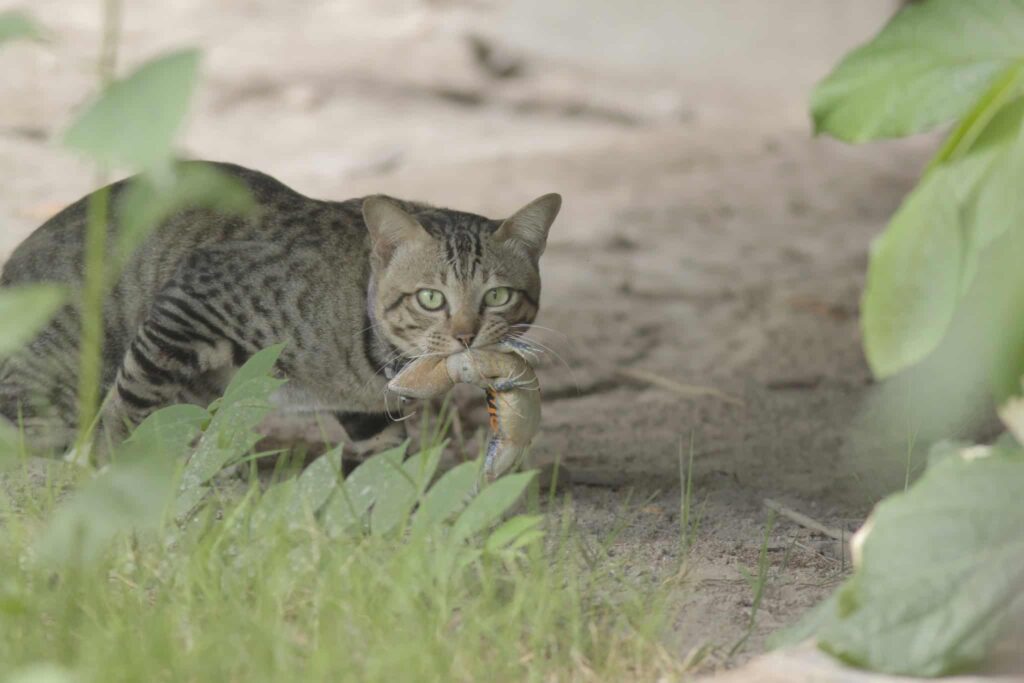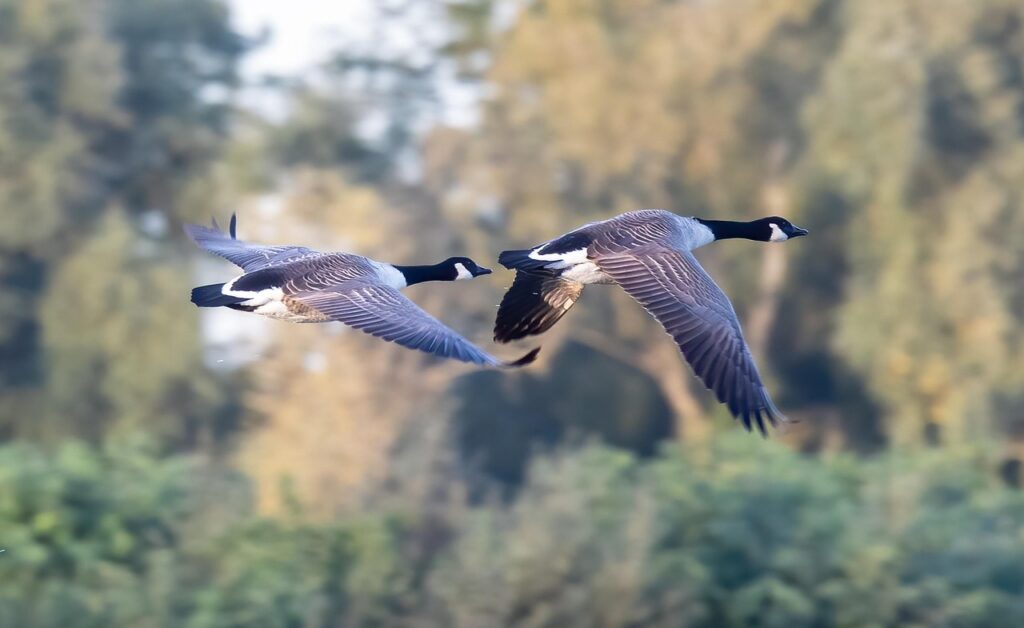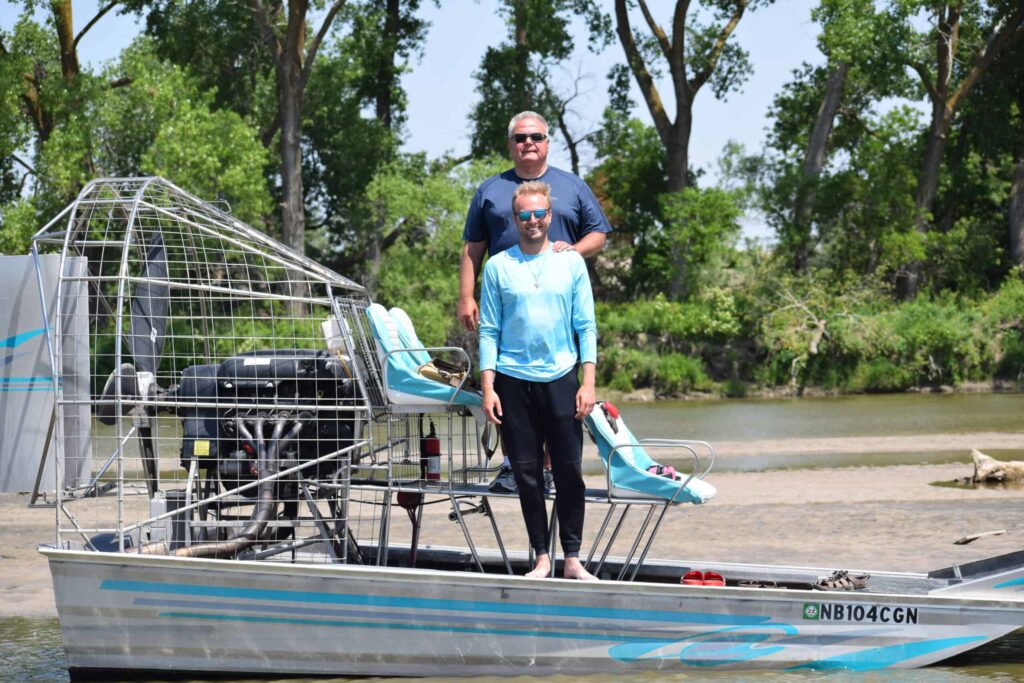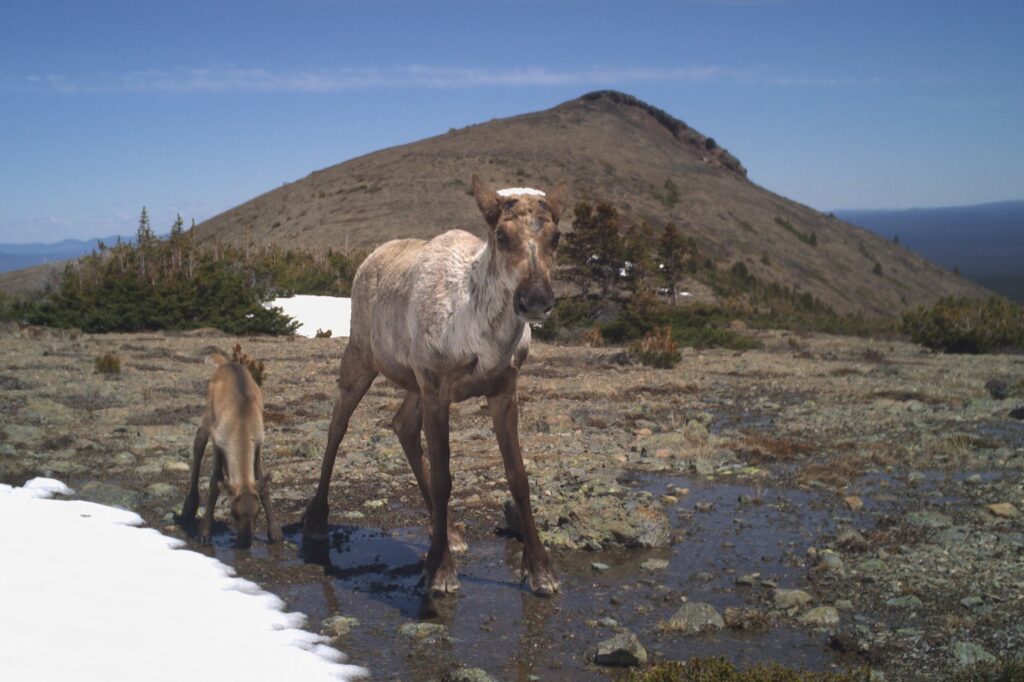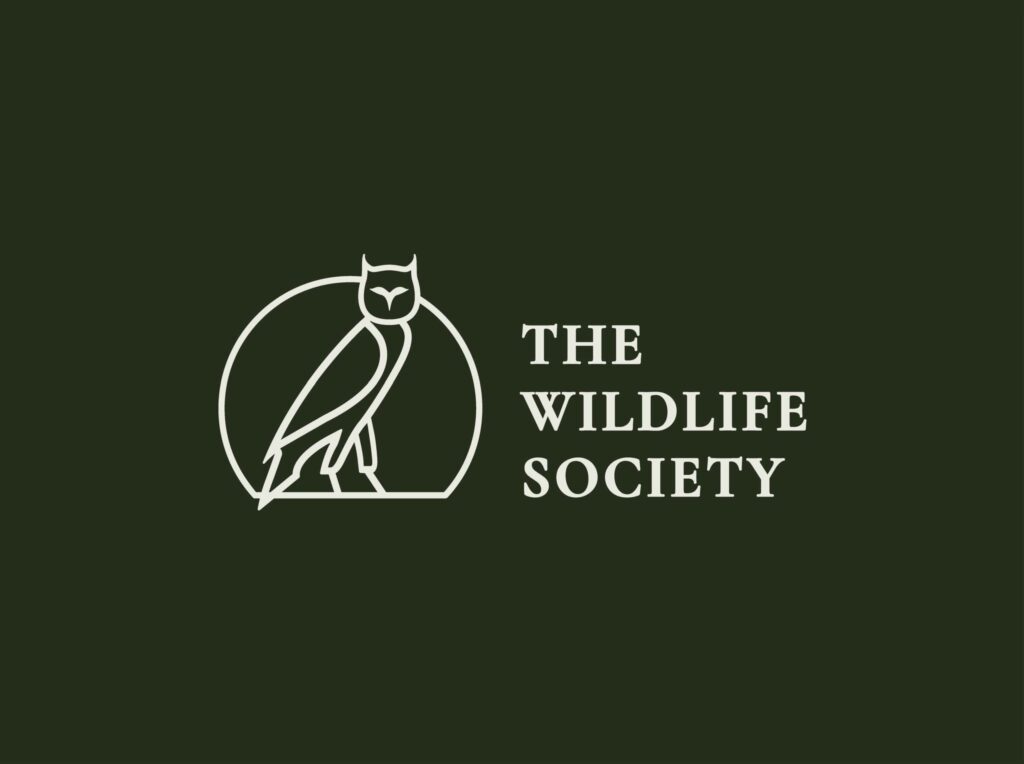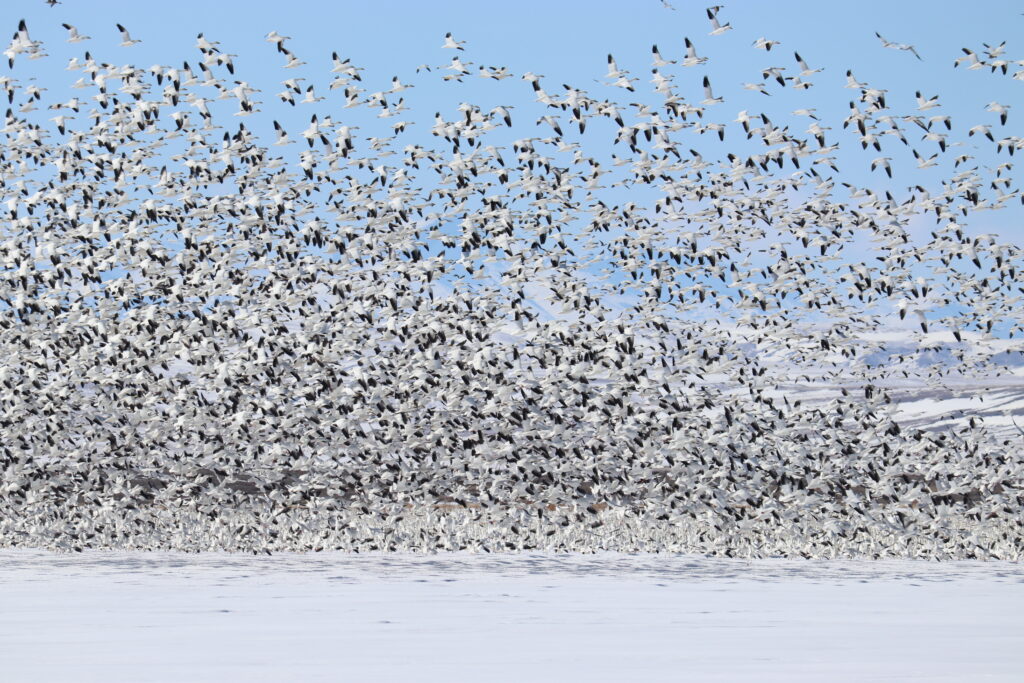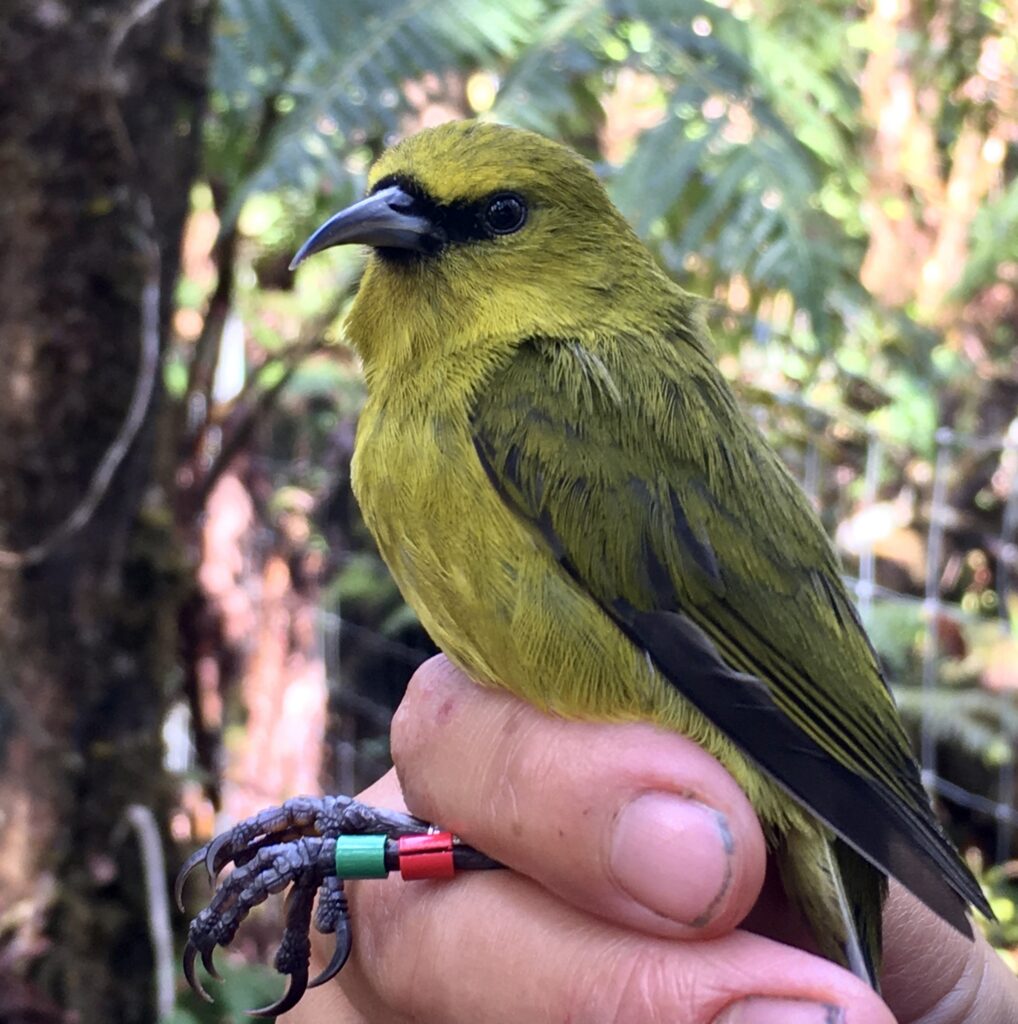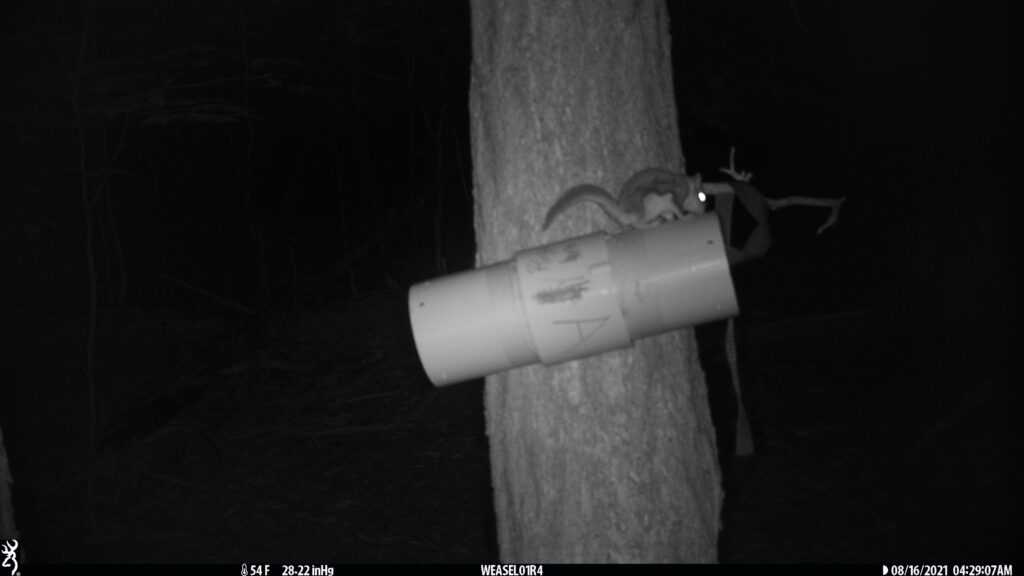The U.S. Fish and Wildlife Service has reversed a ban on trophy imports for several African species while simultaneously withdrawing findings that gave broader permissions for importation.
The Service will now review trophy import applications for elephants, lions and bontebok across six African countries on a case-by-case basis, as stated in a released memo. The USFWS is also withdrawing enhancement findings for these species. Enhancement findings are determinations that sport hunting will enhance a species’s survival and are required under the Endangered Species Act to grant sport trophy import permits for listed species.
Though withdrawn, the USFWS can still reference the information cited by the enhancement findings when reviewing permit applications on the new case-by-case basis.
Shifting to a case-by-case permit review system while revoking enhancement findings adds a layer of confusion to the ongoing debate over trophy imports. The shift reverses an Obama-era suspension on importing elephant trophies from Zimbabwe and Zambia. The restrictions were implemented in 2014 after the USFWS did not make a positive enhancement finding based on available information. Safari Club International and the National Rifle Association sued the Service over the suspension, and in December 2017, a circuit court ruled that the Service failed to seek public comment on the suspension.
Shortly before the court’s ruling in November 2017, the USFWS announced it would lift the suspension on elephant trophy imports from Zimbabwe and Zambia, having reviewed new information and making a positive enhancement finding. President Trump quickly intervened, tweeting that he would put permitting on hold until he could review the issue with Interior Secretary Ryan Zinke.
USFWS’ shift to a case-by-case review process is the most recent development since imports were put on hold by the President and, according to the memo, comes “in response” to the circuit court’s ruling.
Reactions to the changes have been mixed. Some hunting groups have expressed support for the move.
“We were surprised as anyone when they came out with that announcement last week, but we think it’s a positive step,” said Richard Parsons, chief executive of Safari Club International as quoted by the New York Times. “As much as some people have a distaste for hunting, in southern Africa it actually works and is very positive for wildlife conservation.”
While some conservation groups support the withdrawal of the enhancement findings, they have also expressed concern and uncertainty over exactly how these changes will impact trophy imports.
A positive enhancement finding, for instance, is still required under the ESA to issue a trophy import permit for listed species, including the lion, elephant and bontebok. Reviewing import permits individually would necessitate individual enhancement findings, which in turn raises concerns over possible procedural backlogs or insufficient evaluations.
Read TWS’ January 2018 letter to the Trump Administration on trophy imports and the standing position on Hunting.
Article by Emily Ronis